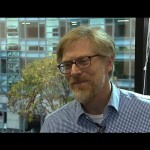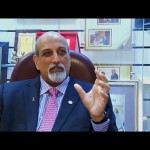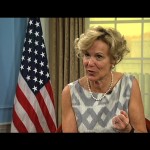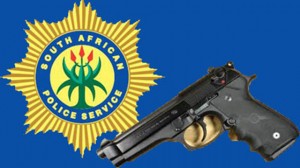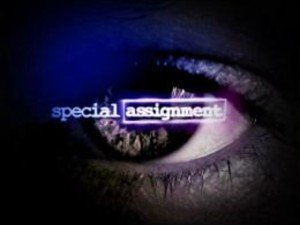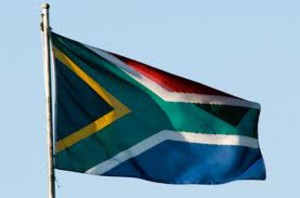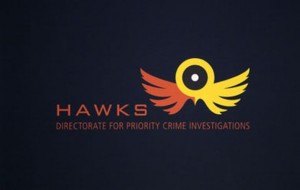One out of five people in the world who have HIV live in this country. Each day there are 1000 new infections in South Africa. If we are to beat the global epidemic, this battle is going to be critical, we have to win the war against HIV right here – Professor Salim Abdool Karim, Director of CAPRISA , University of Kwa-Zulu Natal.
In Part one of this two-part documentary, we looked at South Africa’s response to the HIV epidemic from the dawn of our democracy in 1994 until 2004, with the intervention of the United States’ President’s Emergency Plan for AIDS Relief – PEPFAR – which helped to turn the country’s epidemic around by providing funding and support for the roll out of anti-retroviral treatment.
Anti-retroviral treatment has progressed to the extent that it is prolonging HIV-infected people’s lives with few side effects. However, the rate of new infections remains high. UN AIDS has warned that if the country does not double its efforts in the next five years, it will find itself going backwards and will not be able to afford to treat all our HIV-infected people. Experts agree that with the success of treatment, prevention needs more attention. This includes spreading the message through the media, as knowledge levels about the disease have dropped over the years.
PEPFAR and the South African government have stepped up their prevention efforts and put programmes in place to focus on the most vulnerable people. Among those, young women between the ages of 18-24, bear the highest burden of the disease.
In part two of this documentary we look at where South Africa is in its efforts to overcome this epidemic. We also explore the kinds of interventions required to assist various sectors of our society that are most vulnerable to HIV infection.
But, how far are we from finding a vaccine for HIV and a cure for HIV/AIDS?
Watch “Towards an Aids-free Generation” on Special Assignment, SABC 3 at 20h30 on Sunday for part two of this two-part documentary produced by Nadiva Schraibman.
Repeated Wednesdays at 23h30



